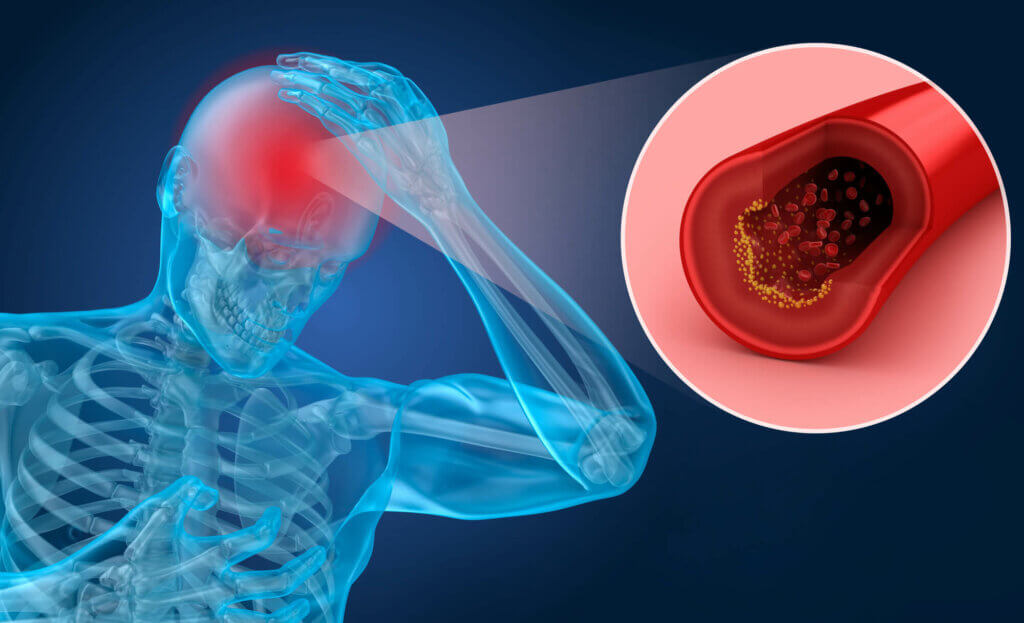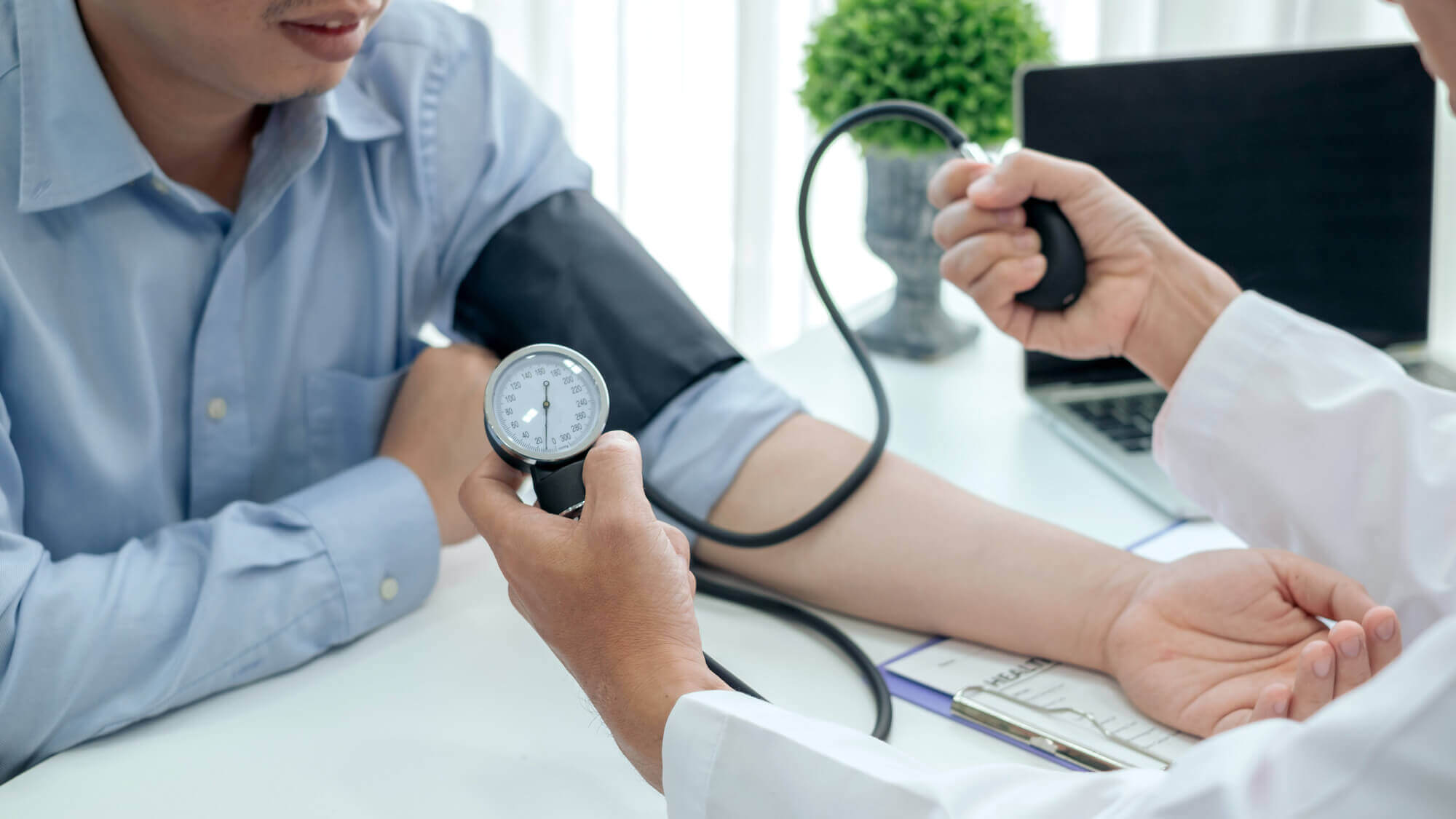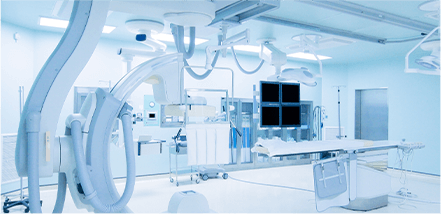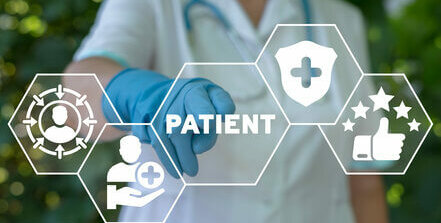Receive expert urgent care for blood clots at Aether Health - Kingwood ER, where experienced doctors and nurses are trained to identify and treat blood clots quickly and effectively, using the latest medical technology and techniques.

Blood clots can be extremely dangerous and can lead to serious health complications if left untreated. At Aether Health – Kingwood ER, we understand the urgency of treating blood clots, which is why we provide comprehensive care to our patients.
Our team will conduct a thorough evaluation to identify the location and severity of the blood clot, and then create a personalized treatment plan to address your specific needs. We offer a range of treatments, including anticoagulant medication, thrombolysis therapy, and surgery, in order to ensure that our patients receive the best possible care.

At Aether Health – Kingwood ER, we take a multi-faceted approach to treating blood clots tailored to each patient. We begin with a thorough evaluation to determine the location and severity of the clot, as well as any underlying medical conditions that may be contributing factors.
Treatment may involve medication such as anticoagulants or thrombolytics to thin the blood and prevent the clot from growing or moving. In some cases, surgery may be necessary to remove the clot or repair damage caused by the clot. We also offer advanced minimally invasive procedures, such as catheter-based thrombolysis, to effectively treat blood clots without major surgery.
Our team closely monitors the patient’s progress throughout the treatment process and adjusts the treatment plan as needed. In addition, we work closely with our patients to ensure that they receive the best possible care and that all of their questions and concerns are addressed. Our goal is to provide effective and compassionate emergency blood clot treatment to every patient who comes to our facility.
Please do not hesitate to contact us at Aether Health – Kingwood ER if you are experiencing symptoms of a blood clot or if you have any questions about our emergency services. Our team is available 24/7 to provide top-quality care when you need it the most.


There are several compelling reasons why Aether Health – Kingwood ER is the ideal choice for emergency treatment of blood clots:




Feel free to contact us any time. We will get back to you as soon as we can.
Need help?